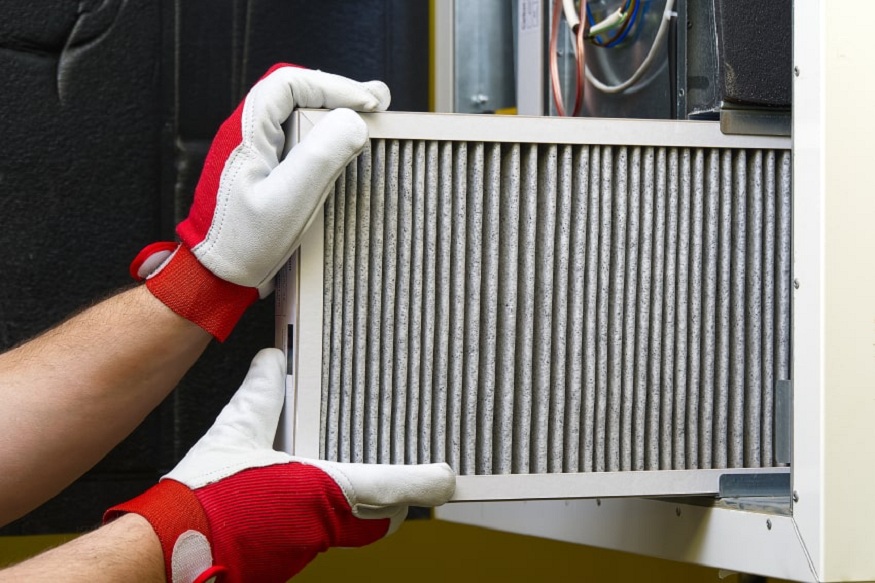A furnace is a very important part of any home heating system, especially in areas with hard winter conditions. Your old, broken, or energy-guzzling furnace is a big investment you will need to make at one point or another, and choosing the best one requires some contemplation. Several things should, however, be considered in order to ensure that the right decision is made as far as conversion is concerned. The following list outlines various issues that you need to know in order to alter your furnace:
1. Evaluating the State of Your Current Furnace
Before replacing your furnace, you should assess its condition to determine if it is worth repairing or if it is time to invest in a new one. If you have had your furnace for over 15 to 20 years, are constantly repairing it, or if your fuel bills are escalating, you may need to get a new one. It’s critical to ask for help from professional furnace cleaning services companies who will visit your home and advise you on whether a repair or replacement is the most viable option. They will clean your furnace to optimize its functioning, which can help reduce energy costs. Alternatively, they can help you install and choose a stove that best fits your home.
2. Type of Furnace
Different types of furnaces are available on the market, and which one is ideal for your home depends on your heating requirements.
- Gas Furnaces: Traditional and affordable gas furnaces are reliable for heating your home, provided that the house is connected to a natural gas supply.
- Electric Furnaces are more costly to run than gas furnaces, but they can be used if the house does not have access to gas.
- Oil Furnaces: These are less common but beneficial when there is no natural gas infrastructure.
- Propane Furnaces are a good alternative for rural areas without natural gas access. The two types have advantages and disadvantages, and one has to consider fuel accessibility and the cost of running them.
3. Sizing and Capacity
Choosing the appropriate furnace size is, therefore, very important in terms of both efficiency and performance. A larger furnace consumes more power and needs frequent cycling within a short time, while a small furnace may not warm your house enough. Your local professional HVAC contractor may estimate the necessary furnace size in your house by conducting a load calculation that considers your home’shome’shome’s area, type of insulation, and climatic conditions.
4. Installation Costs
This is, therefore, the actual cost of the furnace and additional costs of installation. Some of these are the complexity of the installation, including the ductwork modification, and the labor costs. It is recommended that quotes from different HVAC professionals be compared to avoid being overcharged.
5. Compatibility with Existing HVAC System
When selecting a furnace, ensure it will fit your existing duct and ventilation systems and the thermostat you intend to use. In case modifications are required, this can increase the overall cost of replacement. Replacing old units with a new high-efficiency system may also change the layout of heating infrastructure throughout the building.
6. Warranty and Maintenance Requirements
Warranty is crucial when buying a new furnace because it is a long-term investment. The longer the warranty period, the longer the duration of protection against the cost of repairs that may be incurred. Also, it is important to get familiar with your chosen furnace maintenance needs because a well-maintained furnace will have a longer life span and high efficiency.
Conclusion!
Choosing a new furnace for your home is not a small decision since it involves factors such as efficiency, fuel type, installation cost, and compatibility, among others. It is therefore important to consult an HVAC contractor so that you can select the appropriate furnace for your home, increase the level of comfort, cut unnecessary expenses on energy bills, and increase its lifespan. When you are taken through these aspects, you are in a position to make the right decision that will suit both your heating requirements and your wallet.

